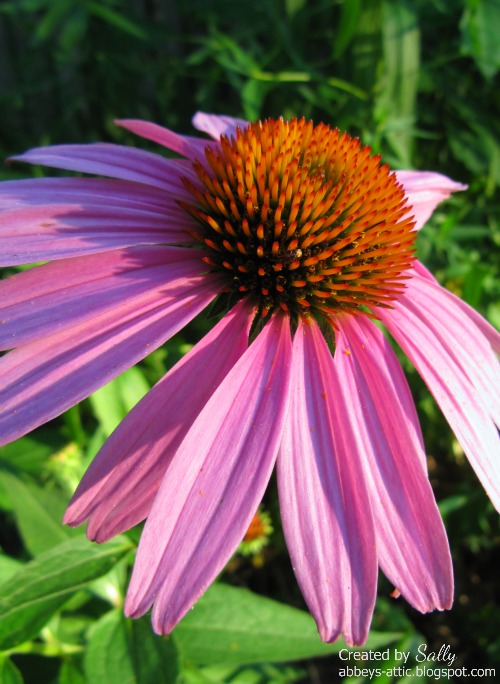

If your dog is vomiting excessively when he arrives at the clinic, the veterinarian may administer intravenous therapy to balance electrolytes and provide fluids which will help to flush the toxins from the body. For example, if there are preexisting liver, kidney, or stomach issues, the echinacea compounds in the plant may exacerbate the condition. On occasion, older pets or health compromised dogs may experience a toxicity that is more severe than a younger or healthier canine. Other factors that may determine treatment are how much of the plant was consumed, your dog’s age, and his current state of health. The treatment that the veterinarian decides is necessary will depend on whether your pet is feeling ill due to the ingestion of the plant. In most cases, exposure to the purple coneflower will result in very mild symptoms. This will also rule out other types of toxicity that have symptoms similar to what your dog is exhibiting. During the diagnostic process your veterinarian will discuss with you any medications your pet is taking at present, recent illnesses, travel history of late, eating habits, and activity level. These diagnostic tools will determine if there are underlying diseases present that may have an influence on your pet’s reaction to the purple coneflower ingestion. Standard tests that will be recommended are a complete blood count, urinalysis, and analysis of a fecal sample. In addition, she will check your dog’s heart rate, pulse, lung sounds, mucous membranes appearance, and reflexes. The veterinarian will perform a physical examination that will include palpation of the abdomen to look for a mass of plant material that may be present. This is helpful to the veterinary team as determining the type of plant can be indicative of the treatment protocol. Also, an intestinal blockage could occur if your dog is having trouble passing the plant material through the body.īring a sample of the plant to the clinic if possible. The plant that your pet ingested may not be poisonous but the pesticide is.

There is always the possibility that a plant eaten from a neighboring garden or park area could have been sprayed with pesticides.

If you see your pet ingesting a plant from the garden or find him with remnants of plant material on his face or in the mouth, having a veterinarian evaluate the situation is always a good idea, particularly if you are not certain of the type of plant that was consumed or in what location your dog found the plant. Also known for its herbaceous benefits, ingestion of large quantities of this flower by canines can cause mild to moderate toxicity. The purple coneflower is a plant that flourishes well and is found all over North America. All parts of the purple coneflower contain the echinacea, and though the roots are known to contain higher concentrations (known as odorous compounds), the flowers of this species contain the properties that benefit the immune system. Mild stomach upset may result as the digestive systems of dogs are not designed to break down large quantities of plant material. The purple coneflower is not listed as toxic to canines, but the ingestion of a large amount may result in undesirable effects that can cause discomfort for your pet. Studies show that this plant also has uses in the internal medicine, urological, and dermatological fields. Now used mainly for its immunostimulatory benefits, the purple coneflower is harvested as an herbal remedy for many illnesses and conditions, such as fending off or shortening the duration of colds and treating the early stages of the upper respiratory illness in humans. The medicinal qualities of the plant have been known for centuries, with uses of the echinacea contained in the flower being used as toothache and snakebite remedies in the past. The purple coneflower is drought tolerant and easy to care for making it a nice addition to gardens.


 0 kommentar(er)
0 kommentar(er)
